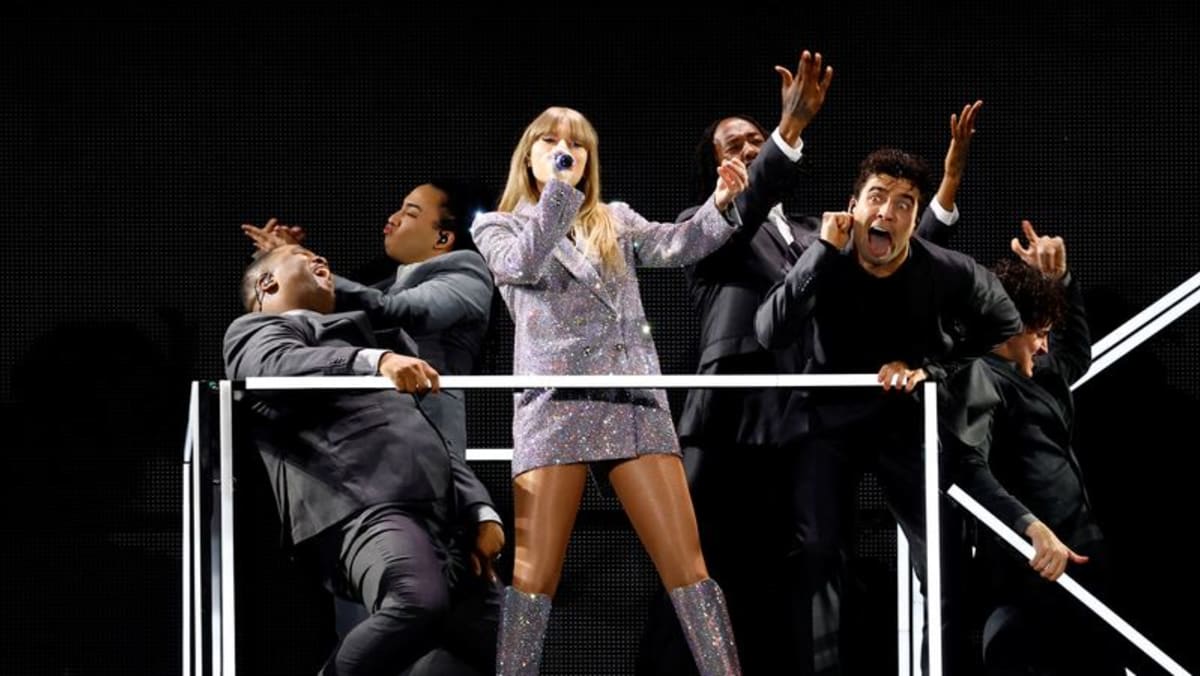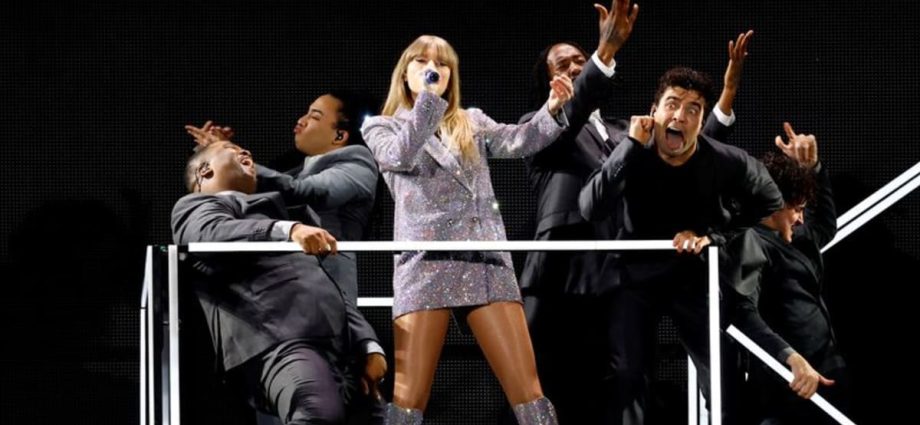
Historically, Swift’s concerts have been big sources of revenue.
According to Mitsumasa Etou, a representative of research site Economic Effects NET, and a part-time lecturer at Tokyo City University, her four days of shows in Tokyo, Japan earlier this year are expected to generate up to 34.1 billion yen (US$226.8 million).
Swift’s tour in Australia could generate A$1.2 billion in economic value in Melbourne alone where she had three shows earlier this month, according to the city’s Lord Mayor Sally Capp.
Mr Khoo said that the amount of revenue generated in Singapore could be in the ballpark of Melbourne’s figures or possibly more.
“I’m sure STB internally would measure this and be able to come up with a more accurate figure but I think this would be a good figure to work with,” he added.
“Estimating the potential revenue from Taylor Swift concerts in Singapore would involve considering various factors such as venue capacity, ticket prices, merchandise sales, sponsorship deals, and other ancillary revenue streams,” said Dr Elhajjar.
“Without specific details on these factors, it’s challenging to provide an accurate estimate.”
However, he added that given Swift’s stature, her concerts in Singapore could generate “substantial revenue”, potentially in the “millions of dollars”.
About 96,000 fans packed the Melbourne Cricket Ground each night for three shows, while about 55,000 fans per show are expected at Singapore’s National Stadium.
There have also been questions surrounding a performance deal after Thai Prime Minister Srettha Thavisin said last week that the Singapore government offered US$2 million to US$3 million per show in exchange for exclusivity in Southeast Asia.
According to Mr Srettha, concert promoter AEG had informed him of the arrangement.
STB and MCCY stopped short of confirming if an exclusive deal was struck preventing the US pop sensation from holding her Eras world tour elsewhere in Southeast Asia.
Mr Kevin Wee, senior lecturer at Nanyang Polytechnic’s School of Business Management, said that exclusivity is critical from the branding perspective as it helps to cement Singapore as the true “events capital” in the region.
“Hosting exclusive events offers invaluable branding opportunities whose impact can persist long after the concerts are over, significantly boosting Singapore’s image as a vibrant, culturally rich destination,” he said.
“However, it’s important to note that we don’t have concrete information regarding claims about any exclusivity clause for Taylor Swift’s concert.”
Mr Januel Koh, a digital marketing and branding lecturer at Singapore Polytechnic’s School of Business, said securing exclusivity for a global icon like Swift is “paramount” from the business perspective.
“It monopolises the market share within the region and compels billions of fans from across the globe to visit the exclusive host country for the concert,” said Mr Koh.
“With over 300,000 tickets sold and a substantial number of fans travelling from other countries, the demand speaks volumes about the allure of exclusivity surrounding Taylor Swift’s performances.”

